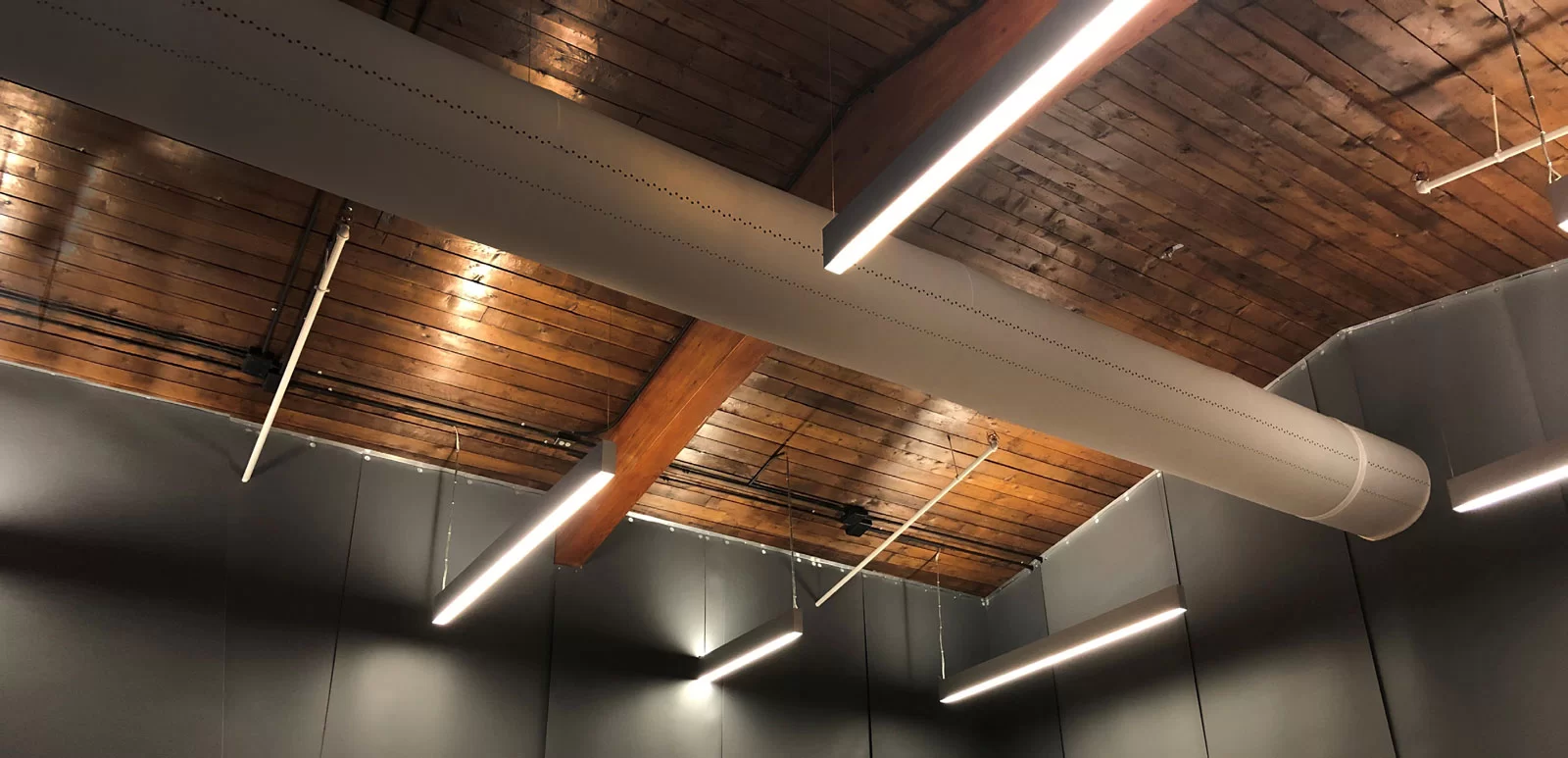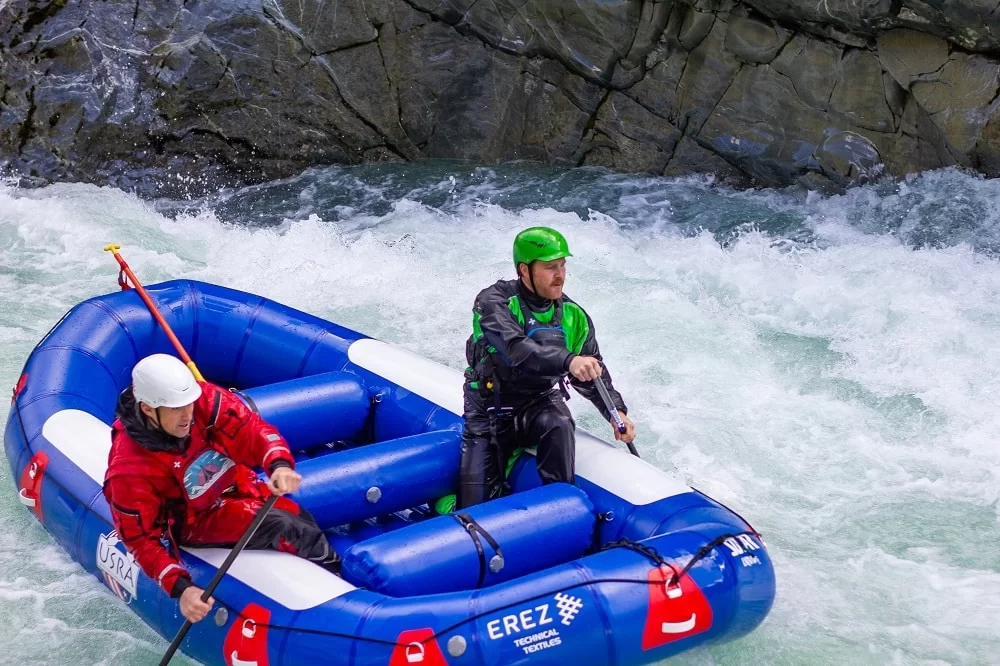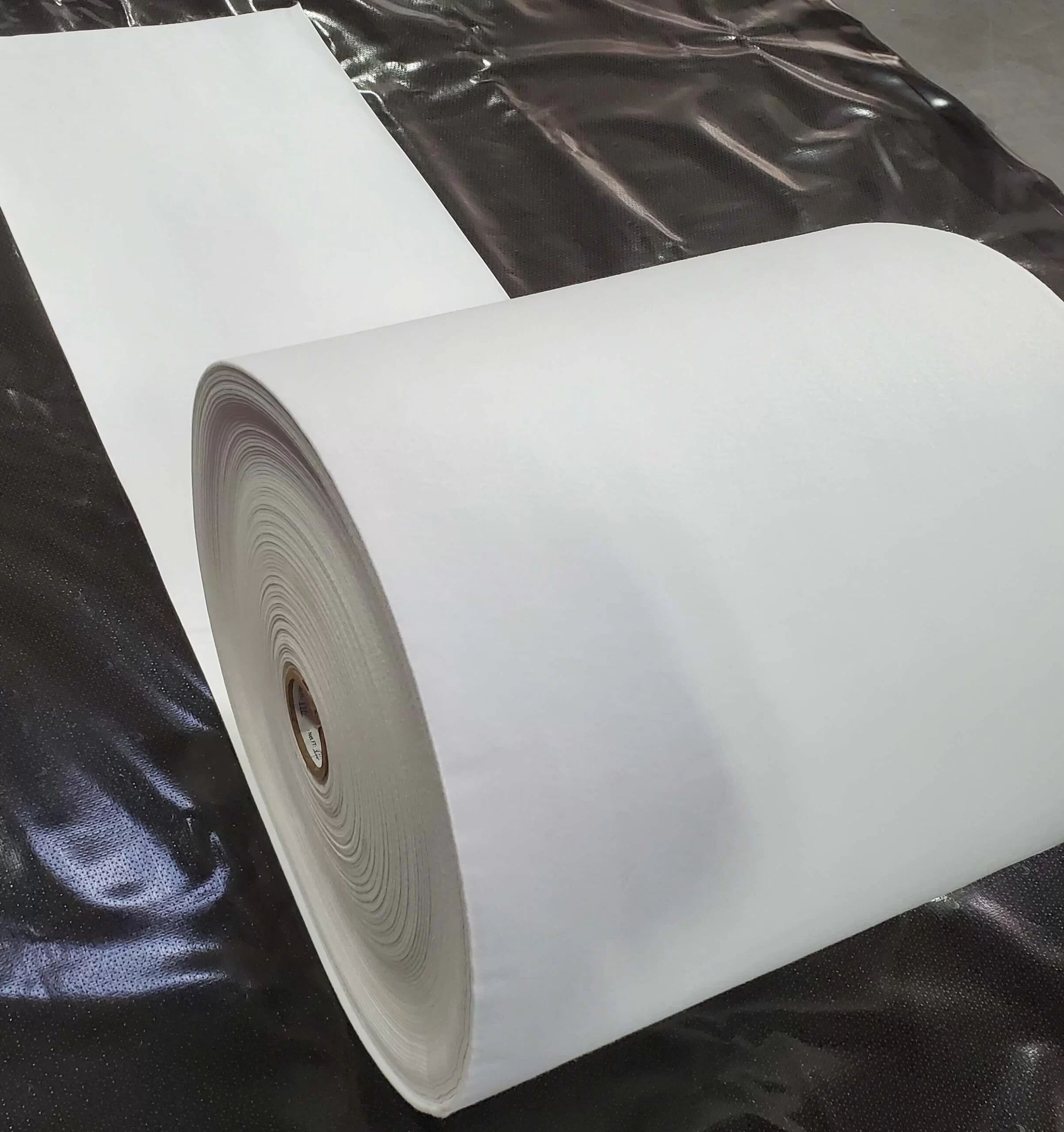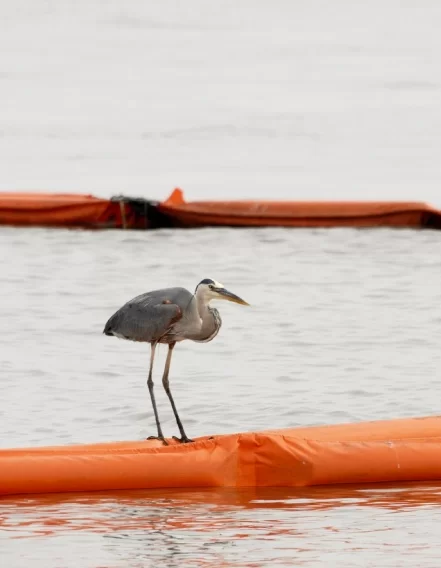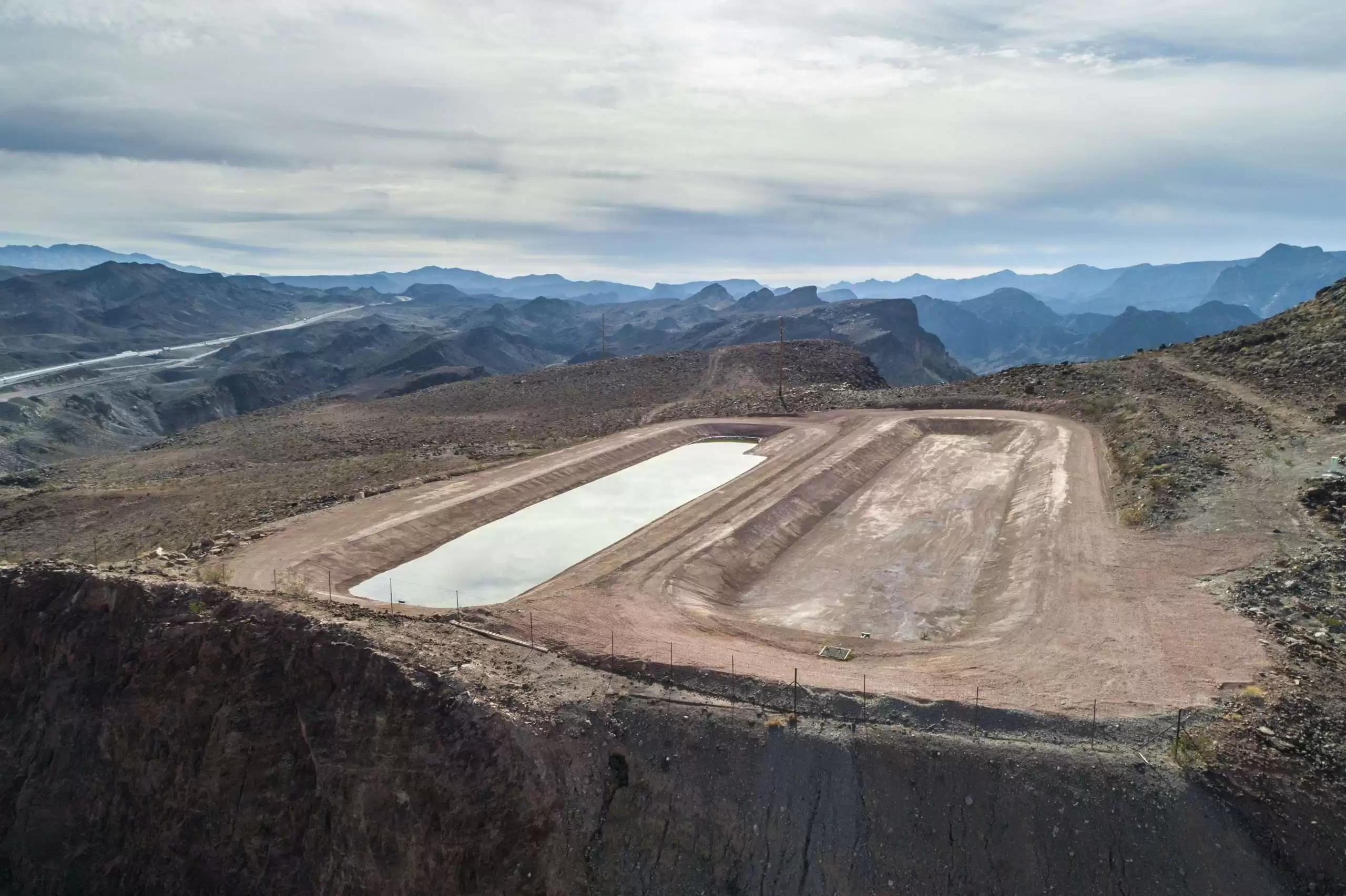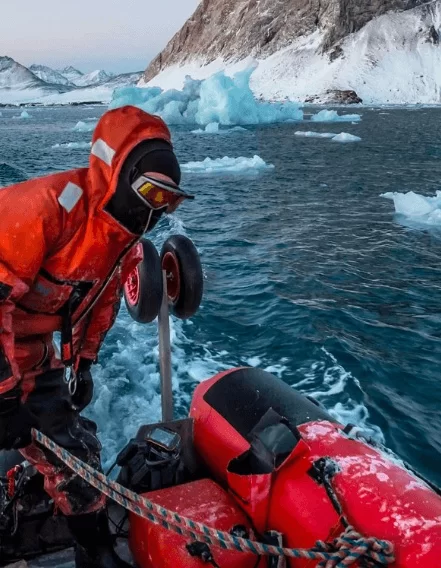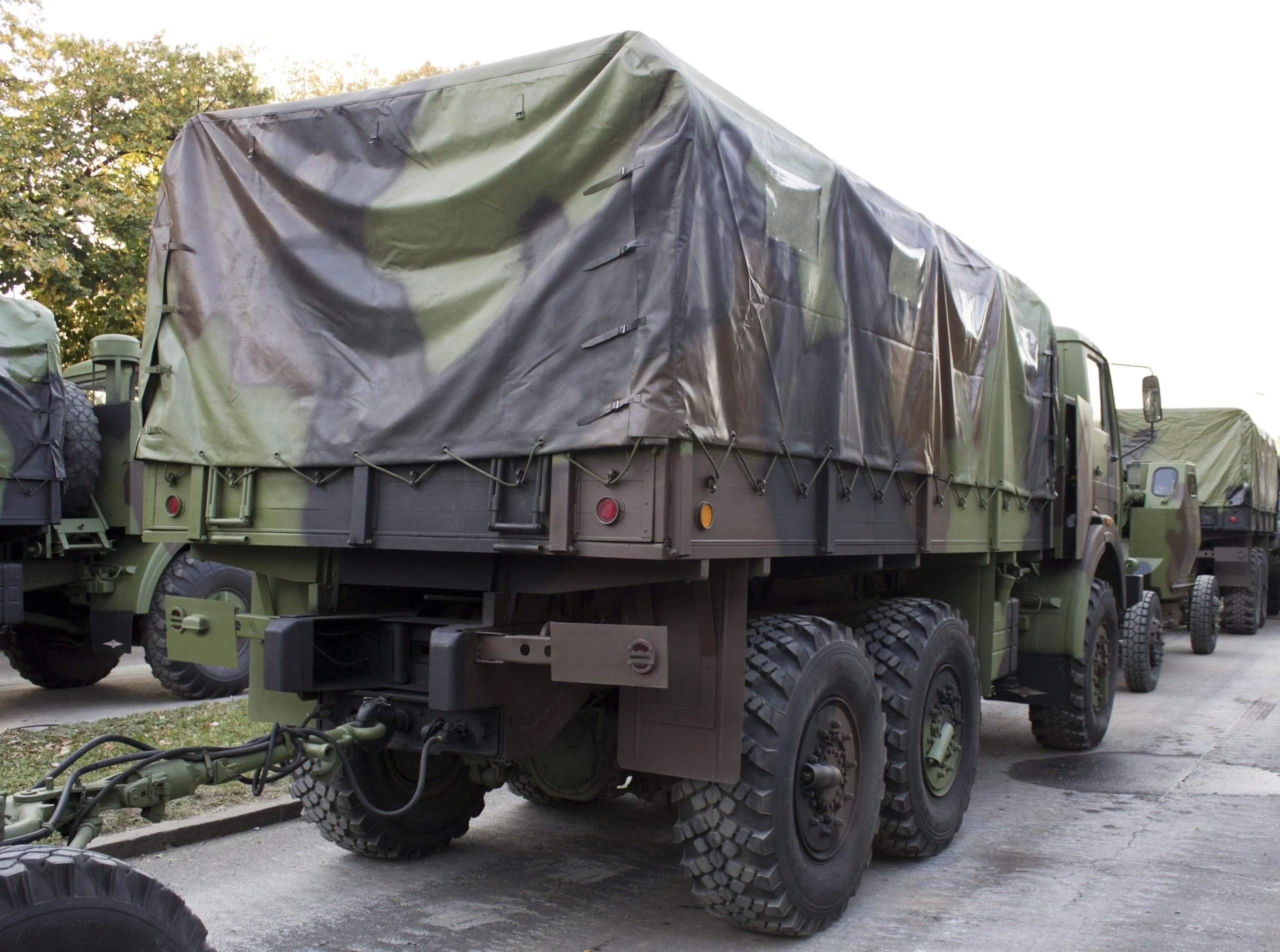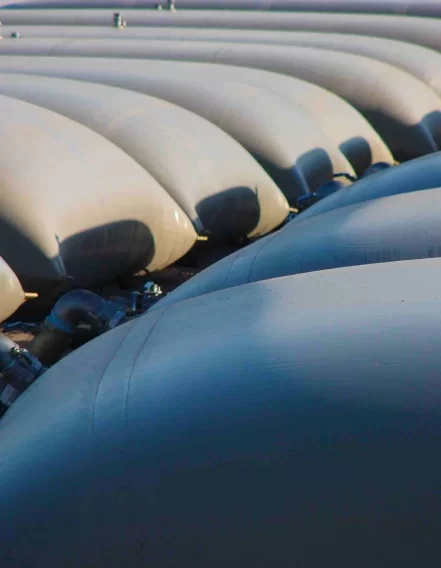Tents or temporary shelters are relied on to provide a functional space for professionals to get their job done. Depending on the application, factors in the field demand reliable solutions. require such as deployment time required, Quality, durability, and longevity
As a tent fabricator, you are responsible for ensuring that your solution delivers all the qualities needed to create a safe and comfortable space for the professionals who rely on it. The tent fabric you select plays a critical role.
Table of Contents
CONNECT WITH A COATED FABRIC EXPERT
Key Considerations for Selecting Tent Fabric
The fabric you select has a direct impact on a lot of technical factors of your end-product. From its capability to handle excessive weather conditions to mobility, directly links to the fabric.
As a fabricator, you set out to create shelter solutions that provide the best performance for your customer’s requirements.
Some of the most common factors that determine the right tent fabric for an application are:
1 – Climate
The climate of the area you are pitching your tent in is an extremely important factor for its application. For instance, you can’t use something breathable in extremely cold environments. How would the people inside focus on their job if they are freezing in the cold?
2 – Intended use
Another important question you should consider is the actual use of the tent solution. This would allow you to select something with appropriate features that ensure the longevity and performance of your solution. For example, inflatable decontamination tents used to prepare someone for a sensitive environment would need protection from mold, mildew, and other similar issues that develop in damp conditions.
3 – Durability
This is another crucial factor for any tent fabric. For field use, the material you select should be abrasion-resistant. Some materials are better suited for heat sealing and field repair. If your end-user requires a product for intensive applications, it’s better to choose something that can last and remains undamaged in the long run. e2 developed a product that offers these exact properties with an abrasion-resistant polyurethane coating.
For durability, you also need to consider the overall UV resistance of your selected material. For many outdoor applications, especially in areas near the equator, you have to prepare for consistent UV exposure that can damage the structural integrity of your tent. A UV-resistant material choice protects you from such hassles even if you are in the middle of a scorching desert.
4 – Portability
The overall weight of your tent is also important for applications where mobility and portability are important. The end-user prefers a lightweight material that also doesn’t compromise on other essential qualities. So the overall weight of the material components need to be as low as possible while still providing good quality.
A foundation of quality and reliability for your temporary shelter solution
Your temporary shelter solution provides your customer the ability to perform their duties to the best of their ability in any environment.
The TPU 1001 PFR is a canopy fabric specially developed by E Squared to offer fabricators a foundation of quality and reliability for their temporary shelter solution.
Qualities and features of the TPU 1001 PFR fabric by E Squared:
– Flame resistance
– Lightweight
– Easy to clean
– Great color brightness + sharpness due to white-colored back coating
– Multiple color options
– Resistance to abrasions and other physical damages
– UV Resistance: +1yr exposure with no degradation
– Resistance to microbes, molds, and other issues
– Waterproof
Connect today with our experts on coated fabric for temporary shelters to discuss the requirements for your application.

